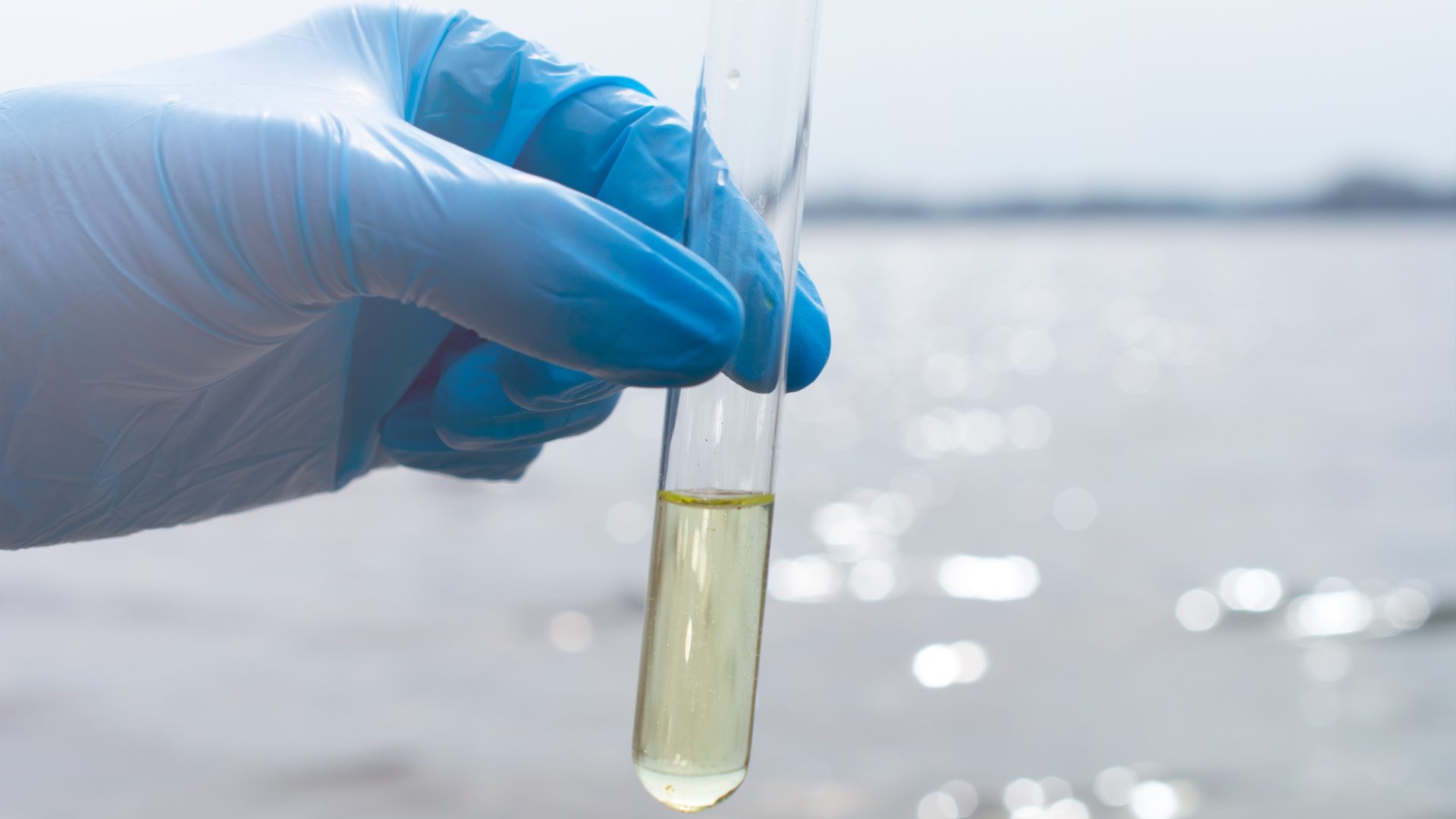The Environment Agency has started a project to investigate the reasons behind poor water quality at Bridlington South beach, in East Yorkshire.
The project – funded jointly by the Environment Agency, Yorkshire Water and East Riding of Yorkshire Council – aims to identify and better understand the sources of pollution that are impacting water quality.
To date, the Environment Agency’s investigations have been able to identify some of the potential contributing sources of bacteria using microbial source tracking techniques.
This has shown that the bathing water can be impacted by humans, seabirds and dogs at different times. However, work to date has not been able to drill down into the level of detail required to fully understand causes of pollution. This project aims to help gather more of this data.
To help with this, the Environment Agency is undertaking a number of investigative sampling days in Bridlington over the summer taking samples every half an hour – from 8am to 6pm – on specific days throughout the bathing water season.
Samples are being taken at Bridlington South monitoring point, Bridlington Harbour and Bridlington North monitoring point and will be analysed initially for Ecoli and IE – the bacteria which are used to provide bathing water classification results.
After collection, samples are refrigerated and sent to the Environment Agency’s microbiology laboratory in Exeter. During the autumn, their microbiology team will carry out more detailed analysis to try to establish the origin of any bacteria found in the samples.
Claire Campbell, the Environment Agency’s technical bathing waters expert, said:
“Whilst we will always strive for improvements, overall bathing water quality has improved significantly over the last decade – with a continuing upward trend – due to robust regulation and working with partners. In most places bathing water is now better than it has been for many years.
“We are, however, keen to find out the detail of what is causing our poorer results, so that action can be taken by the relevant people to improve our bathing waters.
“This project in Bridlington will help us identify the bacterial inputs and better understand the sources of pollution, so that collectively we can work together to improve water quality.”



